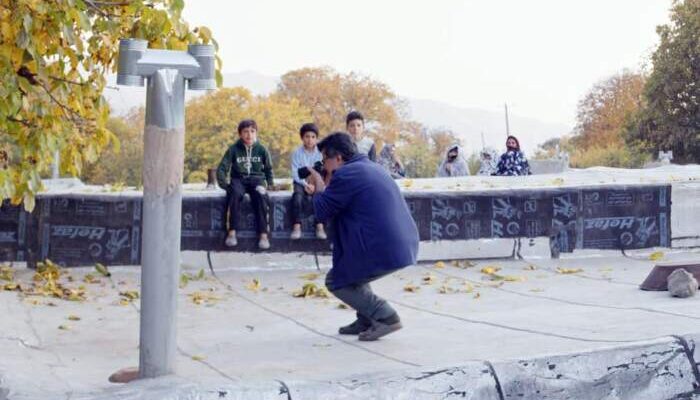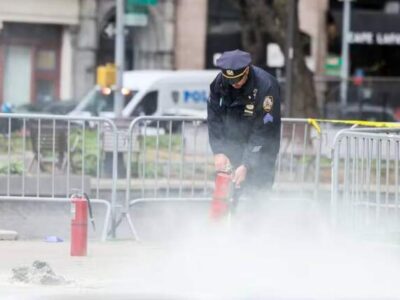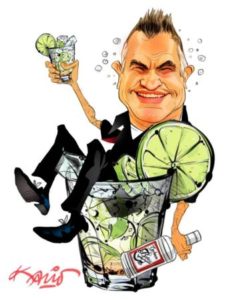By Roger Costa
NO BEARS
Iranian filmmaker Jafar Panahi is a courageous role model for anyone seeking motives for freedom of speech, or self liberation, artistically, emotionally, socially, politically. He is an enduring man, who has been dealing with his country’s extreme authoritarian prejudice for many years, sentenced to be exiled inside Iran with no permission to leave the country, constantly going on and off jail. The regime targets his political and humanitarian perspectives on Iranian society and traditions, seen as a major threat for their interests.

A filmmaker celebrated in every Festival around the world, winning prestigious prizes in Cannes, Berlin and Venice, as well as an easily recognizable essential figure in the arthouse circle, Panahi graces his fans with his insightful art every time he’s got a chance when serving parole. He knows exactly what it feels to be incarcerated and unable to execute his art, his ideas. The state has been imposing severe sentences on him, and everything he’s been experiencing he transforms into art, into storytelling, creating darkly funny and compelling metaphors, reflecting his own condition, his political and artistic journey and all the responsibility that comes along.

Panahi clandestinely turns the camera on himself in this powerful meditation on the conflicts between traditions and progress, righteousness and justice, compassion and violence, compassion and prudence. A film within a film, it opens with the director shooting a film about a waitress and her man risking their lives to flee the country, getting access to fake passports. The most interesting and revealing fact of the shooting appears a few minutes into the premise, when the assistant director cuts the scene and asks Panahi if they could wrap up. They communicate via tech devices, as Panahi, unable and forbidden to shot any movie, is seeking rest and inspiration in a room he rented outside Tehran, in a small utterly conservative village. It is the only way he finds to perform his art, to continue to direct, to compose stories reflecting on his own life in contrast with his conflict with the State, and passion for his people. Days go by, and what it seemed to be a quiet spot to create, becomes a crowded and troublesome experience. Panahi is confronted by the residents of the village about a specific photo he has taken. A girl who is promised to marry a community member was seen under romantic circumstances with a young college student, and they assume Panahi has taken such a photo. They insist on having it as a proof of their misconduct on the marriage pact, the religious and moral traditions it is based on. What ensues is a funny, non-stop disturbance, as Panahi is committed to host everyone knocking on his door, from the humble villagers, to the Sheriff and both men involved in the situation, in various attempt to solve the matter, to punish and to release. Things get even more complicated with the presence of the military in the area, which is very close to the border, raising suspicious whether Panahi is trying to escape or not. There are constant remarks on how the State is killing anyone trying to cross the border. But we know he is there as a witness to the turmoil devastating his nation, and he has a statement, a point to make, he cannot leave behind what he has been fighting for over years- he must achieve dignity and respect in his native country, before anywhere else. He is fighting for the freedom of artistic opinion. Deeply analyzing the effects of post-modern social relationships, political, economic and self-interests, Panahi extracts relevant and absorbing results with the dry, raw humor from the tragic and unacceptable situation, conceiving a subtly touching account on how people easily turn against each other following speculations and misunderstandings. The result is a warning about social connection, revealing that Panahi must feel incarcerated even when off bars: no matter where he is, or what he tries to do, people and circumstances will try to halt his artcraft, always imposing obstacles on his way. But he is more than a real-life cinematic super hero. He is a master of endurance and resilience, a man deeply passionate about his art and his people, a filmmaker devoted to warn, to entertain and to bring awareness to the cases threatening the artistic freedom, and the simple, urgent right to be human. For us viewers, it feels like a privilege to witness his incredible, remarkable journey- all while we keep rooting for his release.
(Sideshow/Janus Films. 12/23. Film Forum NYC.)
MERRY CHRISTMAS!



















Comments